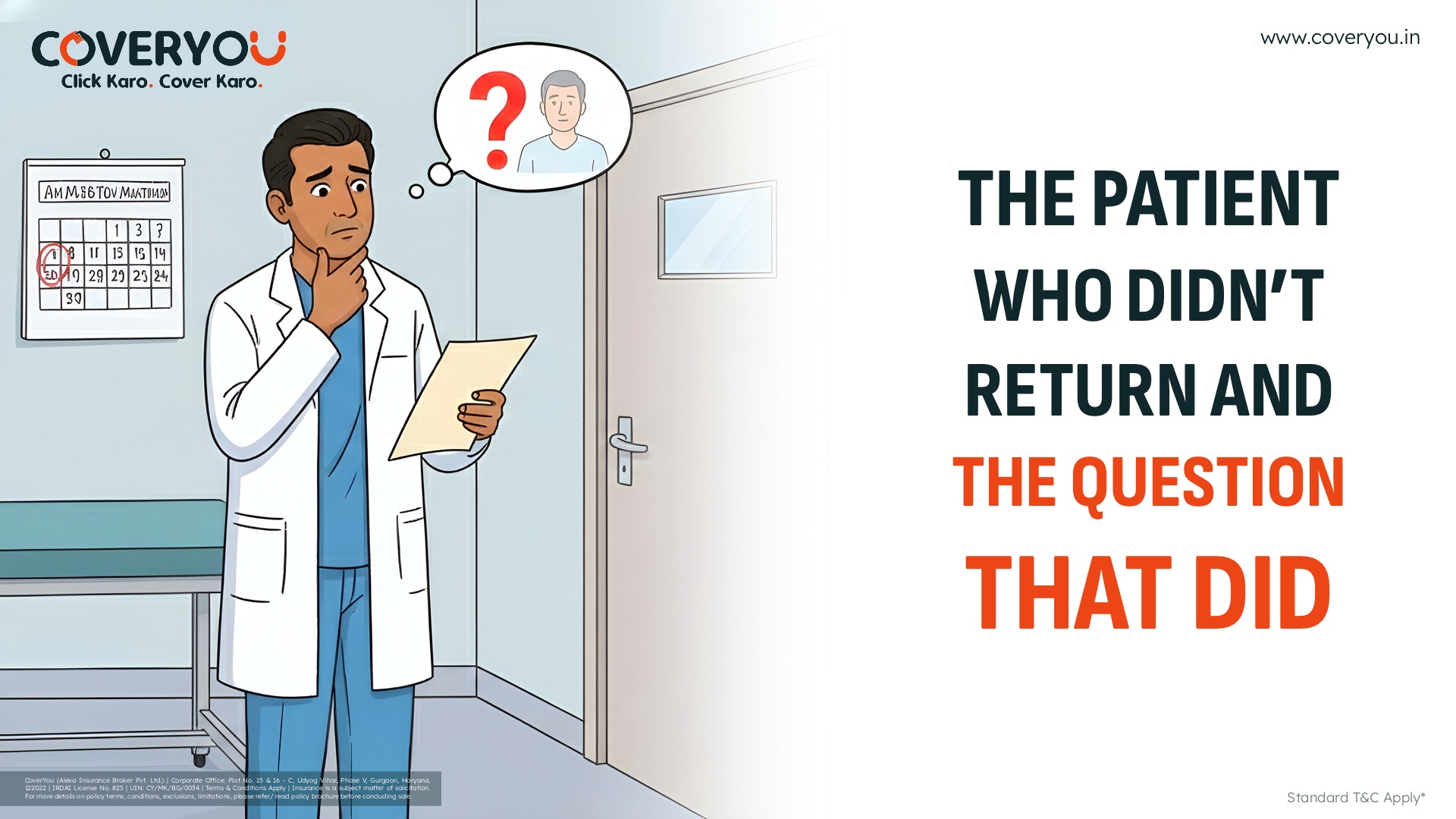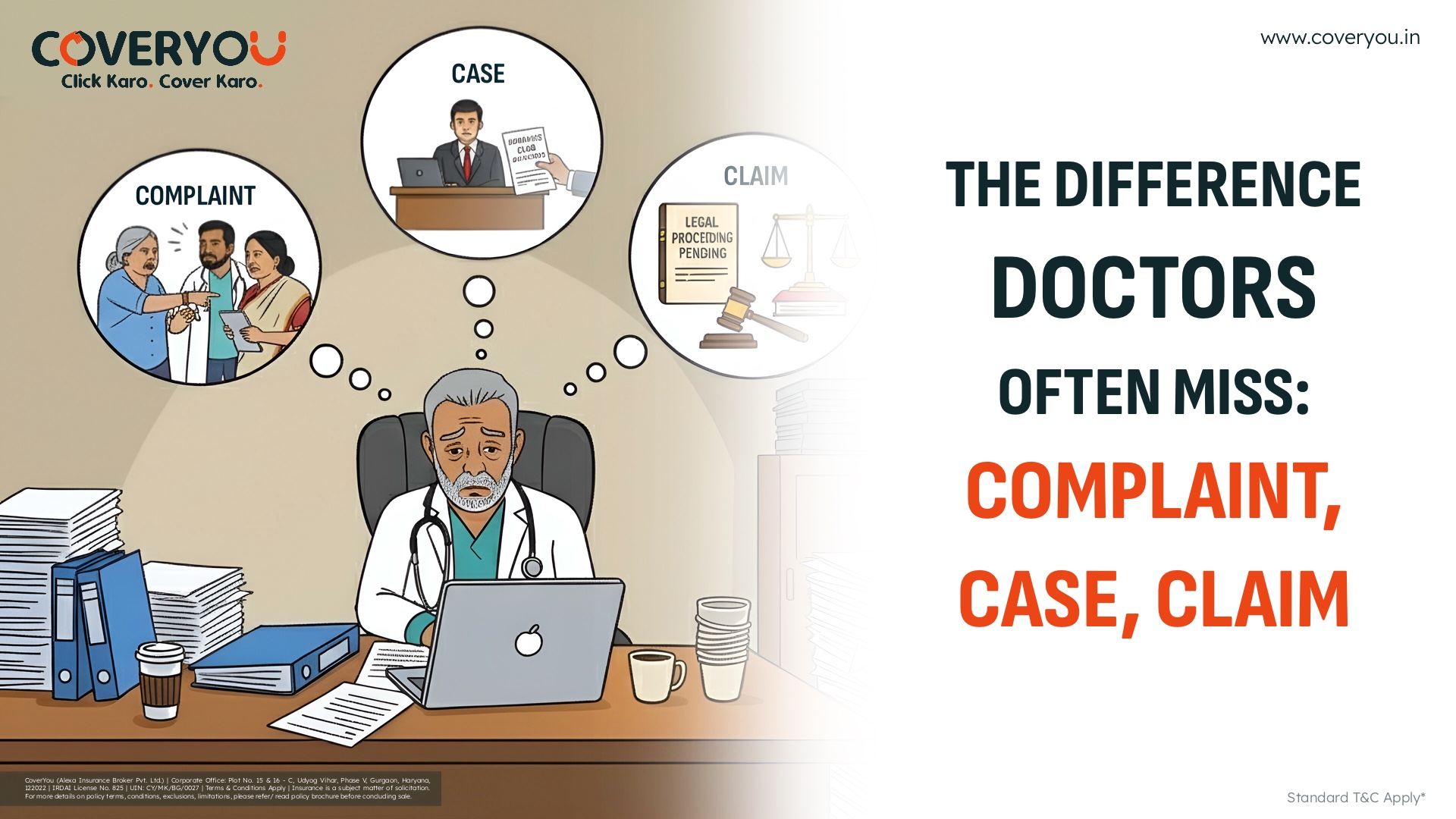Artificial intelligence (AI) has progressed & made significant changes in the world of the workforce. it strives in various industries to propose transformation that elevates the lives of people. AI offers an easy approach to complex problems with the advancement of technology and better & more advanced solutions for issues that can be lengthy for a human being to process. The advancement of AI has transformed the work environment and healthcare is no exception. AI presents remarkable benefits in the healthcare industry yet poses some challenges too. In this blog, we will discuss the benefits and drawbacks of AI in healthcare.
What is Artificial Intelligence (AI)
AI associates itself with machine learning or deep learning. Which is a technology that enables computers and machines to imitate & enhance the capability of human intelligence and their problem-solving capabilities. Artificial intelligence individually or combined with other technology, for example – robotics sensors & geolocation enables itself to perform or operate tasks that would otherwise take a human being an extra amount of time & effort. Generative AI tools such as ChatGpt or Google Gemini, GPS guidance, and autonomous vehicles. These are a few examples of AI that are involved in our daily lives nowadays.
History of Artificial Intelligence
The Idea to create something that can mirror humans goes as early as ancient times. However, it was the mid-20th century when this thought gained momentum. With the recognition of its true potential & the development of the first electronic computers.
The model of Artificial intelligence was first presented in 1943 by Warren McCulloch & Walter Pitts. Although the term was not very clear at that time. In 1950 an article was published by the British mathematician Alan Turing named “Computing Machinery and Intelligence” in Magazine Mind. Where he proposes a question: can machines think?
The idea was an experiment “Turing Test” and the thought behind this experiment was whether a machine could pose behavior similar to humans. Later in 1956, John McCarthy gave it the name “Artificial Intelligence” and 1960 was the year when the AI programming language, LISP was first introduced.
The early AI rule-centric system led to the development of a more advanced & complex system in the 1970s and 1980s. With the start of 1990, & advancement in computing power with the availability of data enabled researchers to know & evolve the learning algorithms that laid the foundation of today’s AI.
Use of Artificial Intelligence in Healthcare!
The Advancement of AI & its integration in healthcare is quite evident now but it comes as a double-edged sword. On the side of pros, it provides amazing accuracy with great personalization in patient care. The use of AI in healthcare facilitates the easy detection of diseases, document automation, and organizing & storing the health data to help the discovery of new drugs. But on the cons side, it poses challenges like privacy, higher cost, ethics, and dependency. According to RADIX, 90% of hospitals will include the use of AI, by 2025. Therefore it’s crucial to discuss the advantages & disadvantages of AI to be prepared beforehand.
Advantages of AI in Healthcare
- Time efficiency – The use of AI has been successful in reducing the time of physicians by 20%
- Help in Diagnosis & Pattern Recognition – AI can perform better in pattern recognition & diagnosing diseases, however, accuracy varies as some reports claim 90 to 95% accuracy, but as per a recent Standford report it is around “81.1% sensitive and 86.1% specific”.
- Improvement in Healthcare Industry – In a survey, 79% of healthcare professionals accepted that AI & robotics will bring significant change and improvement in the healthcare industry.
- Utilisation of Data – AI utilises data such as genetic, environmental & lifestyle to personalise the treatments. In oncology, predicting patient responses to chemotherapy for better outcomes.
- Better medical imaging – AI is helping in transforming medical imaging by decreasing the time computing in the CT scan. It enables instant analysis of endoscopic cameras.
- Better Utilization of Resources – The use of AI in some healthcare processes, can reduce the resources needed to diagnose the patient.
Disadvantages of AI in Healthcare
-
- Over-dependency – The dependence on AI will increase with time which can make healthcare providers overly reliant on the use of AI leading to a decline in skilled medical professionals & efficient medication service.
- Higher Cost – AI needs to be up-to-date with the latest software & hardware to be accurate with time eventually leading to higher costs.
- Lack of accuracy – AI can not judge and make decisions accurately, it also lacks creativity.
- Breach of privacy – If the data of patients is not properly secured, it can be used by unauthorized individuals or organisations leading to the violation of privacy & identity theft.
- Creating disparity in healthcare – Excess use of AI in healthcare raises questions about liability for mistakes, handling end-of-life decisions, and preventing the perpetuation of healthcare disparities.
- Ethical Dilemma – AI can be biased based on the data it has been trained, leading to an ethical dilemma. According to a study in the US an AI algorithm used in a hospital showed bias towards a white patient as compared to a black patient recommending less advanced care for black patients.
Impact
The disadvantages of AI raise concerns & an ethical dilemma that somehow can leave an impact on both the patient and doctors. Doctors who are at the forefront of it will be blamed & held responsible for the damages generated by AI. creating a scenario of medical negligence. CoverYou is here to help & protect doctors in such scenarios. With the customized Professional Indemnity plans, which are as advanced as the AI itself.
Conclusion
The advancement of AI is inevitable so it’s used in the healthcare industry. To fully utilize the benefits of AI in this industry while minimizing the risk, there must be a balanced approach. Establishing strong data governance, ongoing monitoring of biases, with the implementation of an ethical framework for AI. With providing a thorough training program not just to AI, but to the healthcare professionals. On its better and balanced use is the way to integrate and optimize the use of AI in healthcare.

















